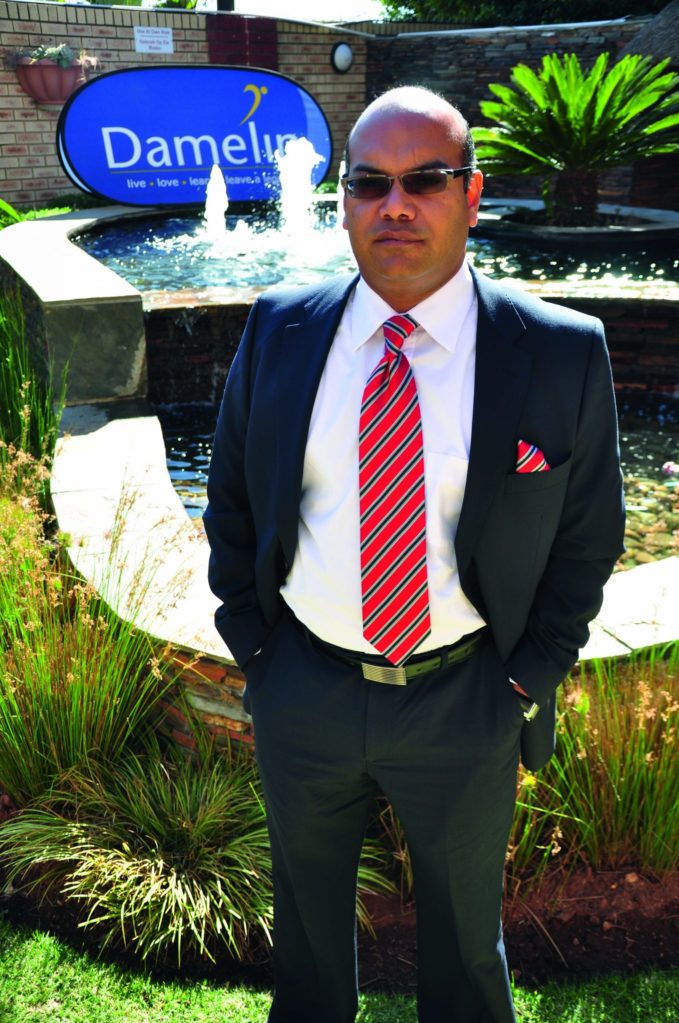Educor has been around for decades—Damelin and Intec college are household names—now the private education group is going back to school. It’s jumping into Nollywood—the vibrant, chaotic and informal film industry of Nigeria. The industry produces thirty new titles a week at $2 per DVD or VCD, which sell at traffic lights. It’s only getting bigger and better.
There is money in the madness. Nollywood is valued at $3.2 billion a year and produces around 2,400 films annually. It is the second largest film industry, next to Bollywood in India. The films are shot on location in two weeks, on average, for the cost of a stagehand on a Hollywood set: between $15,000 and $30,000. The average film sells between 25,000 and 50,000 copies worldwide; a blockbuster can sell up to 500,000.
New investment in Nollywood is on the way. With the support of the Nigerian Department of Culture, Educor Africa will open a multi-media and creative arts center to support Nollywood. The industry’s rapidly growing potential has also been recognized by Multichoice—a subscription-based South African satellite provider—is spending $300 million to produce local content within the Nigerian market, according to Julian Kannigan, CEO of Educor Africa.

Julian Kanningan, with students at the Randburg Damelin Campus
“It’s going to require local skills which are scarce at best… you’re going to have trained sound engineers, lighting people, actors, actresses, 3D animators, journalists which are all world-class and it’s going to support a burgeoning community,” says Kannigan.
Loading...
He acknowledges that the larger part of the population want business, information technology (IT), human resources (HR) and marketing skills, which are part of the education staple diet.
But running a business in Nigeria, isn’t always easy.
“Like everyone else who is conducting business in Nigeria, you buy your own generators. It just makes the cost of doing business more expensive but at the end of the day the numbers will bail you out if you get it right.”
It is part of expansion into the continent. In the next 18 to 24 months, Educor Africa plans to expand into Nigeria, Ghana, Tanzania, Kenya, Uganda and Ethiopia, with an investment of R100 million ($12.38 million). The education group runs classroom, correspondence and online education. There are 16 Damelin campuses in South Africa with a franchise in Botswana and a correspondence business in Namibia.
“While the company has had certain overtures in Zimbabwe, with regards to potential partners, we’re just waiting for the right climate to explore those opportunities,” he says.
Educor Africa is busy with regulatory processes to start a correspondence business in Lagos, Nigeria. The education group is also applying for a university license through the national universities commission in the capital, Abuja.
“We aim to change the hearts and minds of the young and the not so young. Our initiative and passion for our business is that we change lives. It’s really important to us,” he says.
Kannigan’s pragmatic approach to business in Africa means the profit will be reinvested into the region.
“It’ll be an investment from one business to another, the correspondence branch will support the multimedia branch and together they’ll support the establishment of the university,” he says.
While the regulatory environment in South Africa doesn’t permit the Educor brands to call themselves a university—even though they can award degrees—that’s not the case in other African countries.
“Certainly some of those governments are aware of their own incapacity to provide, and therefore they welcome players such as Educor. Government’s capacity to spend on public education, with a burgeoning population at the same time, is creating a gap that is growing larger… we are actually assisting those governments to minimize that gap,” he says.
He is witness to the demand for higher education on the continent. The wealthy of West Africa pay a fortune to educate their children in the United States or Great Britain.
“When you take a world-class university experience to them, they embrace it. Now, you’re going to see that in many other African countries, especially those with a high GDP growth. If you want to increase your GDP, you’re going to need a skilled labor force,” says Kannigan.
Educor is going after big partners: “We are approaching the World Bank, who have a mandate with regards to education for Africa. We are busy talking to international universities which require an African or South African partner for various reasons to go into the African continent together… The education sector is recession-proof. People want to upscale themselves during a recession, to make themselves more marketable,” he says.
It hasn’t been smooth-sailing. Educor South Africa bought the business from Media24—Africa’s leading media publishing company—in 2008. When Media24 and Naspers—Media24’s majority shareholder—divested, the business was in the red. Not only has the Educor group brought it back into the black but it has also managed to expand.
“If you have a conversation with me in ten years time, firstly, I’ll be too busy to see you… we would have built something phenomenal across Africa in terms of education,” says Kannigan.
“Now is the time for Africa,” he says.
Loading...
